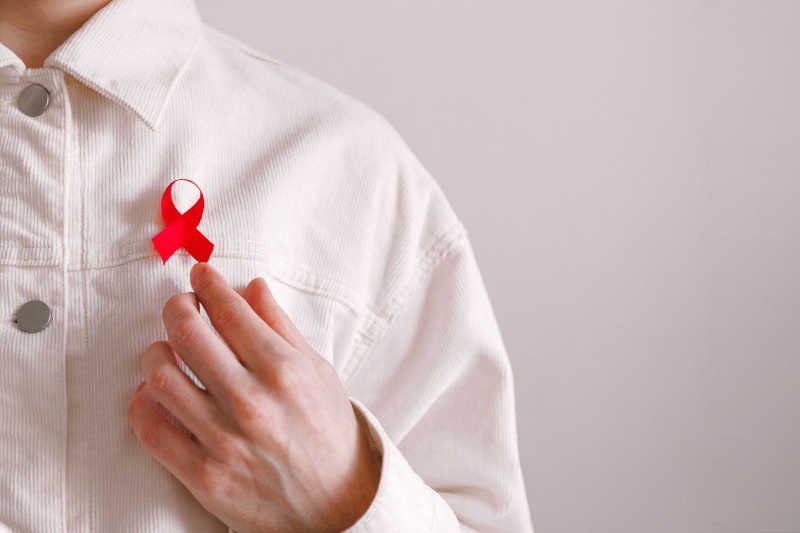
- 7 lessons
- 1 quizzes
- 8 week duration
Module 5
How HIV weakens the immune system
Our blood consists of white and red blood cells. Usually, the white cells repel and kill any germs which enter in our body. They are doing this by eating up the germs and by producing chemicals called antibodies that kill them. Thus our bodies fight off many different germs and that we stay healthy. Frequently we have symptoms of illness when our white cells are fighting the germs, but usually, the white cells win and we get to recover. HIV weakens the immune system by entering and damaging our white cells. As much more white cells are killed, the body becomes less able to fight off the many different germs which live around and in our bodies all the time. After a few years, the white cells are so damaged that these germs, which normally don’t cause problems, can cause deadly diseases.
How is HIV Transmitted?
HIV is found in the following bodily parts of a living being with the virus:
- blood
- semen and pre-seminal fluid
- rectal fluids/anal mucous
- vaginal fluids
To get the HIV, these bodily fluids go to get into your blood through a mucous membrane (for example, the lining of the vagina, rectum, or the opening of the penis), via shared injecting equipment, or through broken skin.
There is not enough HIV virus in other bodily fluids, like saliva, sweat, or urine, to transmit it from one person to another person.
A person living with HIV with a detectable viral load can pass the virus to others whether or not they have symptoms.
HIV is most infectious in the first few weeks after getting an infection of HIV. At this point, many people are unaware of their status.
The main methods/ways you can get HIV are given below:
Sex without Protection
- Having unprotected sex (meaning sex without a condom, if you are not taking PrEP) with someone who has HIV, Especially unprotected Vaginal Sex and Anal Sex.
Sharing injecting Methods
- sharing needles, syringes, or other equipment used to arrange and inject drugs with someone who has HIV.
Transmission during pregnancy, childbirth, and breastfeeding
- a mother infected with HIV can pass the virus to her baby along with her blood during pregnancy and birth, and during her breast milk when breastfeeding.
Infected blood or Blood fluids transfusions and organ/tissue transplants
- Receiving blood transfusion, blood products, or organ/tissue transplants that are contaminated or infected with HIV. This risk is small because most countries test blood products for HIV first.
